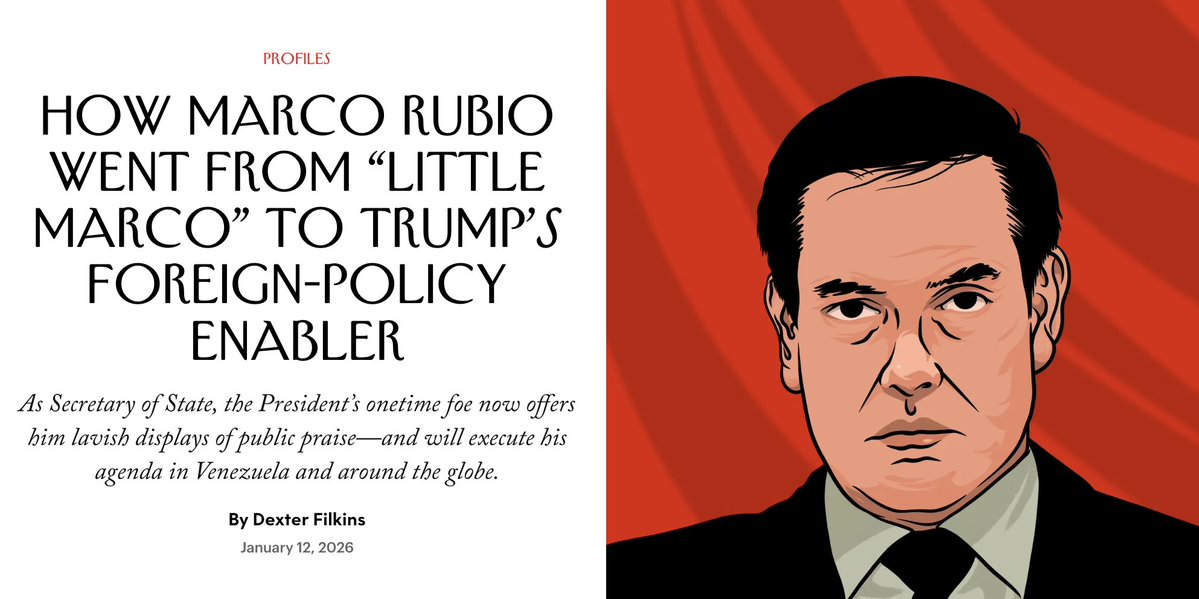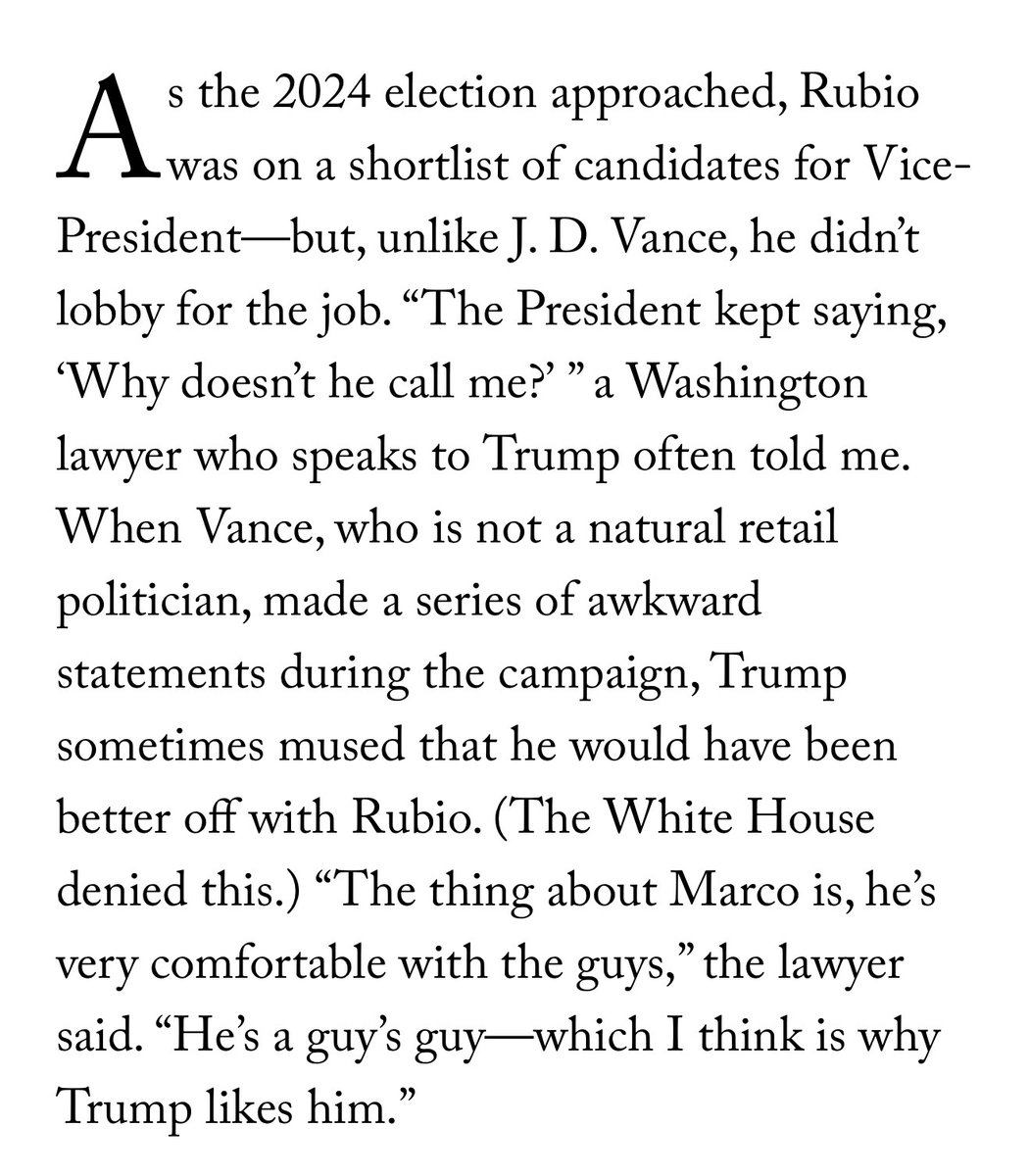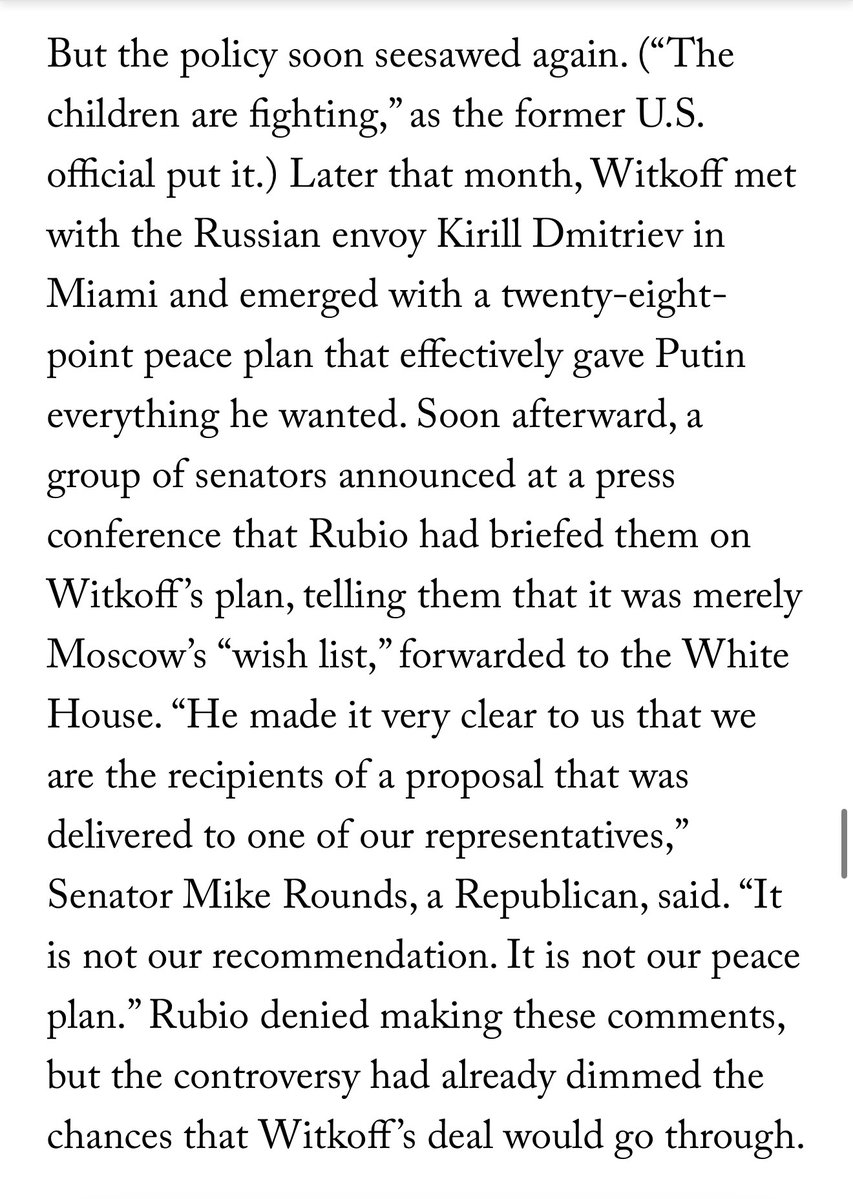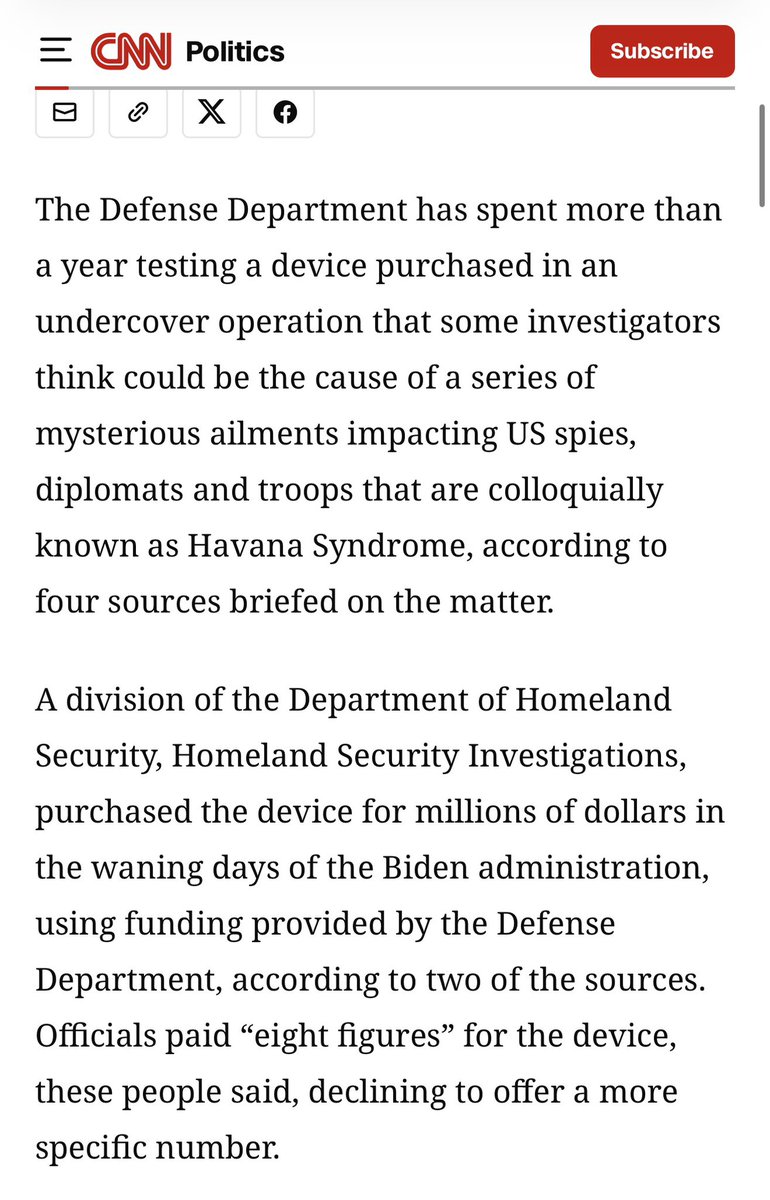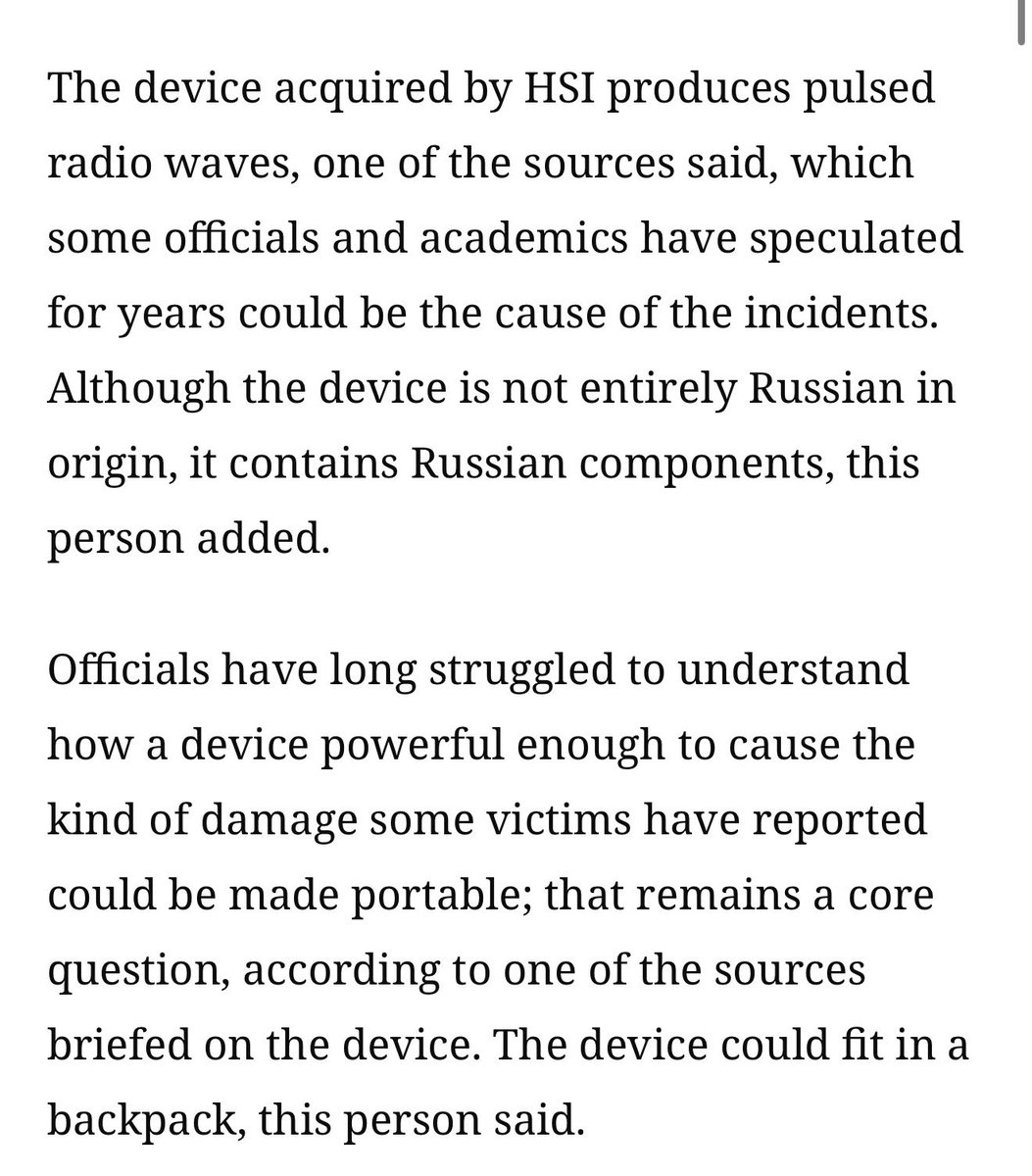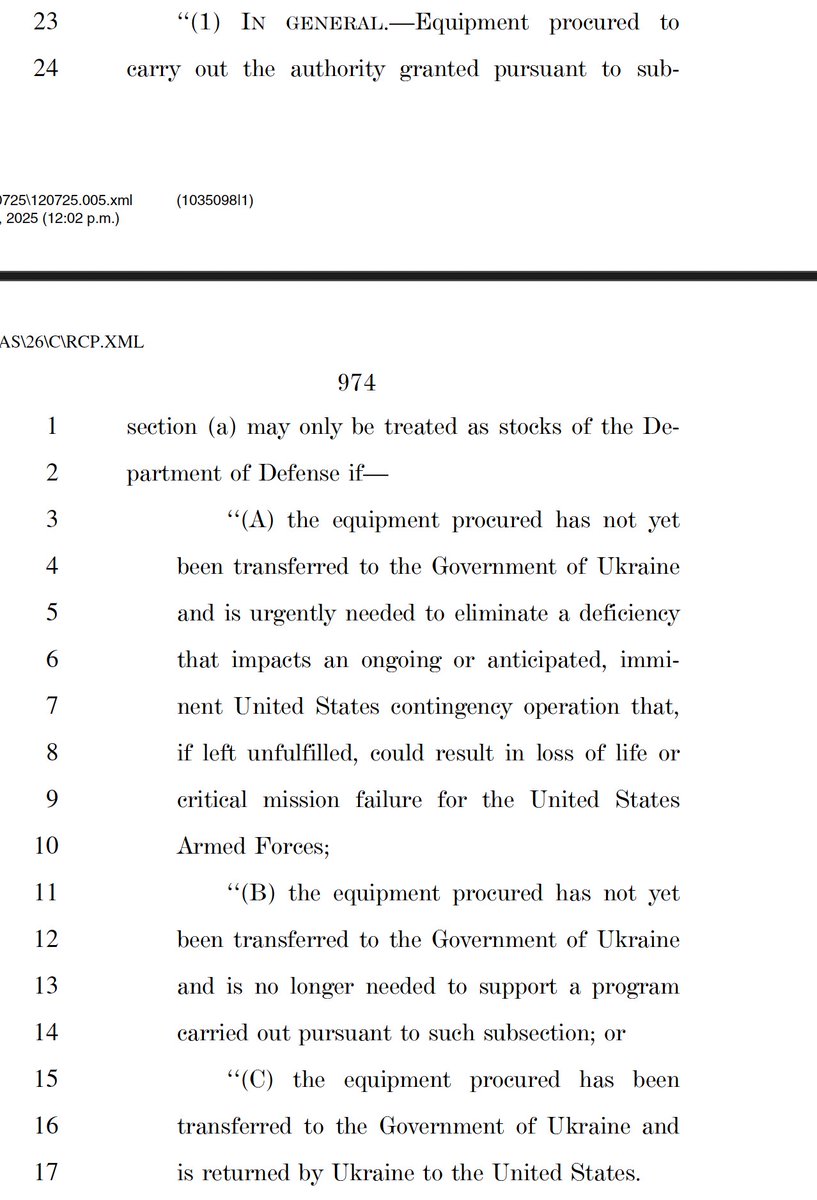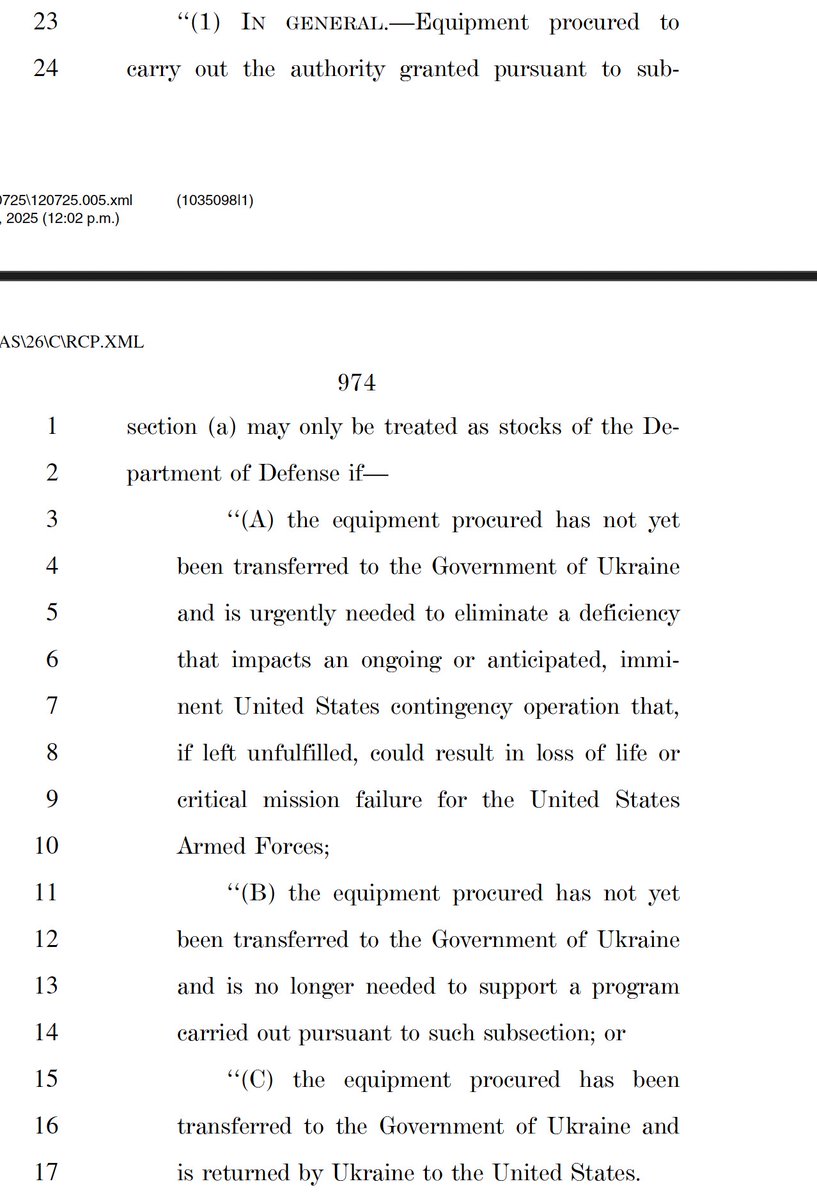[Thread] Hillary Clinton suggested in one of the debates that Trump paid no income tax. His muttered reply? “That makes me smart.” It was all out there, in other words, before the last election. What was different then?
Well, for one, the campaign conceit that Trump was a brilliant businessman who made so much money he had no need for being bought or corrupted by special interests. It always bullshit, sure, but it played. Not only to his most zealous supporters but to those who found him...
...funny or bizarrely refreshing, but more or less harmless and perhaps sort of OK. Maybe a CEO who figured out a way to scam the IRS and said any old thing that popped into his head was just what America needed.
An establishment figure who was a traitor to the establishment. A grifter who ran on teaching the little guy how to grift, too. It was the political equivalent of the magician who gives away all the tricks and revels in the scorn of his own privileged sodality.
Trump was a postmodern political spectacle—the candidate who advertised his own shadiness as a way of portraying himself as transparent—which I still think we haven’t adequately understood, and may never. But it largely worked for him four years ago.
Will it this time, though? How many who openly or secretly admired his con artistry in 2016 are now unemployed, homeless, sick, or bereaved in 2020? How many have belatedly discovered that he’s a lousy CEO and that they were the mugs of his con all along?
The postmodern spectacle looks to have finally given way to unforgiving empiricism. Facts may not matter on Twitter or Facebook, but they do in monthly bank statements or government subsidy checks.
(Here the analogy between the U.S. and Russia really actually work: Putin and accomplices can satirize, troll or theatricalize everything except... their own money. Suddenly, when it comes to that, one thing is true and not everything is possible.)
So: A multimillionaire who pretends to be a billionaire is shown to be King Midas in reverse in his business practices and now also in his presidency. Rather than suffer in the first capacity, he benefits at your expense.
Do you laugh this off as “promises made, promises kept”— the ideological form of creative destruction you were winkingly sold before COVID and all the rest? Or are you fucking pissed off and determined to keep Trump from similarly benefiting in the second capacity?
I don’t know the answer myself and I live to have my expectations dashed. But something feels very different this go-round, doesn’t it? And he senses it, too, otherwise paying ugatz to Uncle Sam wouldn’t suddenly be “fake news.” It’d be “😉.”
• • •
Missing some Tweet in this thread? You can try to
force a refresh






